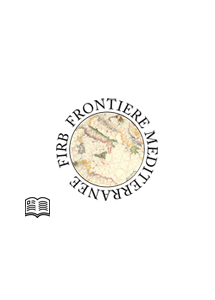The article aims at reinterpreting the Napoleonic conquest of Rome in 1809 in a closer relationship with the processes of definition of Imperial spaces and National identities in Europe (particularly in the Mediterranean and in Italian area) at the beginnig of the long Nineteenth century.
Rome became a symbol of the Napoleonic Empire-building – starting with its proclamation as “the second city of the Empire” – and a field of testing the Imperialism generated by the French “civilizing mission”. The contrast between “colonial” practices of urban government and the political use of the imperial idea of ancient Rome produced significant effects in the field of administration and in the representation of the city.
By analyzing sources of the Roman institutions and the French administration, and also the political discourses of the Italian patriots, this article will show the multiplicity of the implications – political, spatial, cultural – of the myth and reality of Rome at a crucial turn of the Italian Risorgimento.

